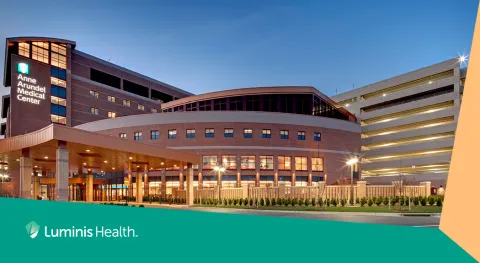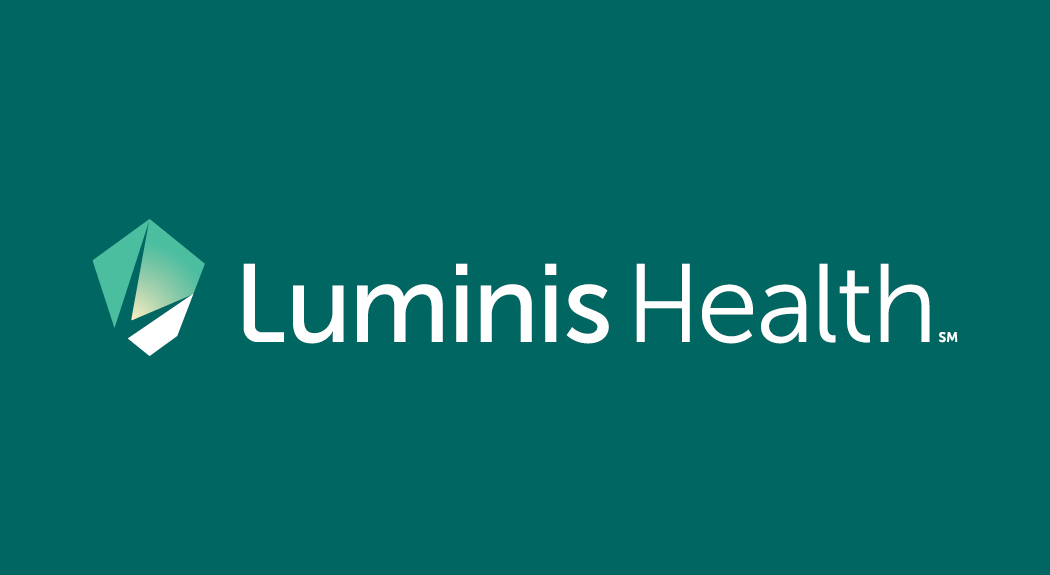by Luminis Health

Think of your genes as an instruction manual for your body. There are two copies of every gene – one from your mother and one from your father – and each has its own job. For example, the BRCA1 and BRCA2 genes in our body act like police officers making sure tumor cells don’t grow out of control and develop into cancer. They’re the good guys.
But when a person has a genetic predisposition, that means that one of the copies of the gene is not doing its job. Or, in other words, that person was born with fewer “police officers” in their body.
Although we have around 25,000 genes, we only know what half of them do at this time. BRCA1 and BRCA2 are just two of the most common genes associated with hereditary breast cancer. There are many genes that can increase someone’s risk for cancer besides BRCA1 and BRCA2. It’s also possible that there are other genes that haven’t yet been identified that can put a person at a higher risk of developing breast cancer.
Can I rely on over-the-counter genetic tests?
Genetic testing is complex and is only one piece of the puzzle when determining your risk for developing a disease. The 23andMe test – the first direct-to-consumer test approved by the U.S. Food and Drug Administration to report on breast cancer gene mutations most common in people of Eastern European descent – detects only three out of more than 1,000 known BRCA mutations. It is also limited in that it doesn’t rule out other BRCA mutations that increase cancer risk.
People who receive positive test results for these mutations should ask their doctor or a genetic counselor about being retested in a clinical setting under the supervision of a medical professional before making any medical decisions. Those who test negative, yet have a strong family history of cancer, should consider comprehensive genetic testing and should consult with their doctor.
What is the difference between over-the-counter tests and seeing a counselor?
Because of its limitations, at-home genetic testing can give a false sense of security when you test for BRCA1 and BRCA2 genes.
The National Society of Genetic Counselors also advises people to consider the risks, limitations and psychological implications of genetic testing for themselves and their families before purchasing an at-home genetic test without the involvement of a clinically certified genetic counselor.
Unlike over-the-counter tests, when you meet with a genetic counselor you receive guidance and support when seeking more information about your genetic health. A genetic counselor can provide pre- and post-test counseling. Pre-test counseling includes a thorough look at your family’s health history. During post-test counseling, the genetic counselor interprets results with you and advises on the best next steps. Depending on test results, a genetic counselor can advise on how to discuss the information with family members.
When should I consider being tested?
When Angelina Jolie shared her personal journey with breast cancer in a New York Times opinion piece, she explained why she decided to be tested. She’s a good example of someone who understands the chances of being at risk and doing something about it. We encourage you to learn about your family’s health history and ask your doctor if genetic testing is right for you.
Genetic testing isn’t a crystal ball that predicts whether you will develop cancer. Instead, it’s looking in the ‘rearview mirror’ to figure out why cancer is occurring in a family and to help better understand cancer risk. If there is breast cancer in your family, a genetic counselor will work with you to understand if genetics could be the cause. If you are considering over-the-counter genetic testing or have received results and need further explanation, a genetic counselor can help.

Adam Riker, MD, is chair of Oncology at Anne Arundel Medical Center.
 Margo Gallegos, CGC, is an oncology genetic counselor at Anne Arundel Medical Center .
Margo Gallegos, CGC, is an oncology genetic counselor at Anne Arundel Medical Center .
 Katherine Lincoln, CGC, is an oncology genetic counselor at Anne Arundel Medical Center.
Katherine Lincoln, CGC, is an oncology genetic counselor at Anne Arundel Medical Center.

